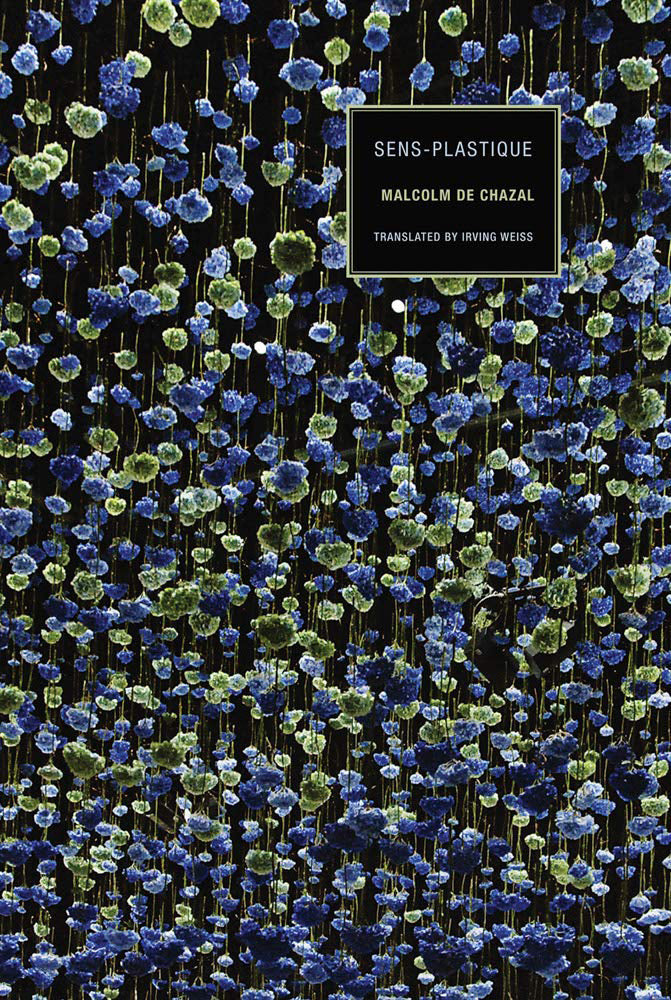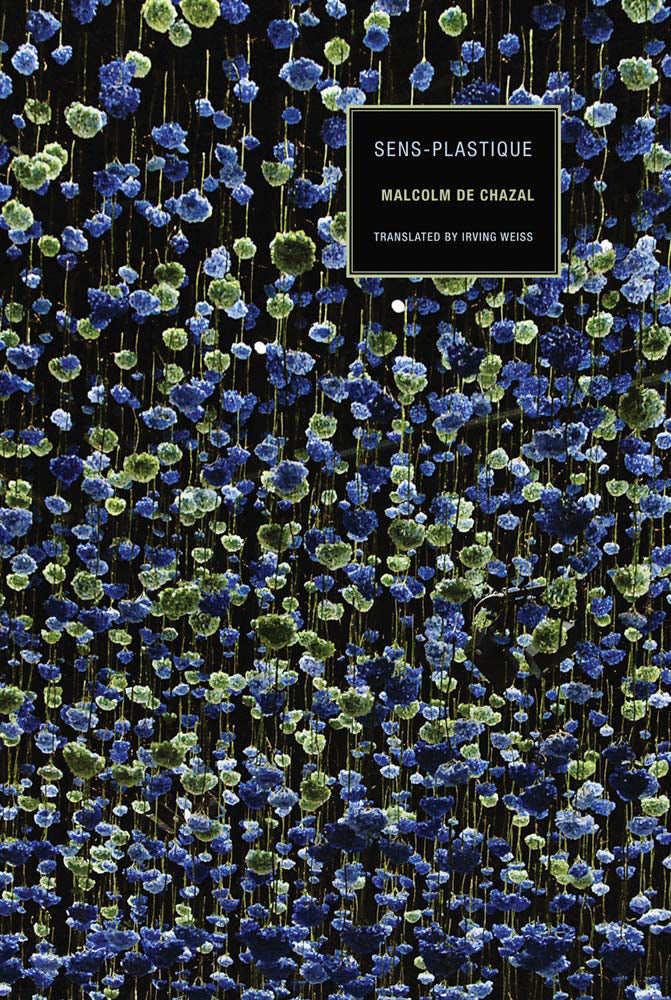Sens-Plastique
Sens-Plastique
Malcolm de Chazal
Couldn't load pickup availability
Foreword by W. H. Auden / Translated, with an introduction, by Irving Weiss / December 2021 / 6 x 9, 384 pp./ 978-1-939663-68-9
After seeing an azalea looking at him in the Curepipe Botanic Gardens (and realizing that he himself was becoming a flower), Malcolm de Chazal began composing what would eventually become his unclassifiable masterpiece, Sens-Plastique, which would take its final form in 1948. Containing over two thousand aphorisms, axioms, and allegories, the book was immediately hailed as a work of genius by such poets as André Breton and Francis Ponge and such painters as Jean Dubuffet and Georges Braque. Embraced by the surrealists as one of their own but also viewed dubiously by other readers as something of an occultist, Chazal chose to avoid all literary factions and steadfastly anchored himself in his solitary life as a bachelor mystic on the island nation of Mauritius, where he would proceed to write books and paint for the rest of his life.
Sens-Plastique employs a strange humor and an alchemical sensibility to offer up an utterly original world vision that unifies neo-science, philosophy, and a hyper-detailed poetry into a new form of writing. Mapping every human body part, facial expression, and emotion onto the natural kingdom through subconscious thinking, Chazal presents a world in which humankind is not just made in the image of God, but Nature is made in the image of humankind: a sensual, synesthetic world in which everything in the universe, be it animal, vegetable, mineral, or human, manifests a spiritual copula.
“We have heard nothing so powerful since Lautréamont.”—André Breton
“Sens-Plastique has now been a companion of mine for nearly twenty years, and so far as I am concerned, Malcolm de Chazal is much the most original and interesting French writer to emerge since the war.”—W. H. Auden
“Malcolm de Chazal has, perhaps alone in our time, given a resolute expression to the happiness of sensuality.”—Georges Bataille
“This art deserves the name of genius, that name and no other.”—Jean Paulhan
Malcolm de Chazal (1902–1981) was a Mauritian writer and painter. Forsaking a career in the sugar industry, he spent the majority of his life in a solitary, mystical pursuit of the continuity between humankind and nature.
Press
“Sens-Plastique is a book beyond classification, and the same might be said of its author. […] There are two ways of reading Chazal: as a treasury of metaphor and analogy, a nearly inexhaustible compendium of the generative essence of poetic thinking, or as a scripture for one man’s personal creed, a sort of pantheism of the sense rather than of the mind.”
—Barry Schwabsky, Bookforum
“You might not expect the Surrealists and W. H. Auden to find much in common, aesthetically speaking. One thing they did agree on, though, was the excellence of Malcolm de Chazal’s writing—including his book Sens-Plastique. Looking for a new read that defies easy description? This might just do the trick.”
—Vol. 1 Brooklyn
“Chazal’s work offers up metaphor upon metaphor at a nearly breathless pace. Adding to the sense of immediacy is Chazal’s relentless focus on the human body, rooting abstract thought in the very bodies of the readers inhaling those lines.”
—Jeffrey Zuckerman, Hopscotch Translation


